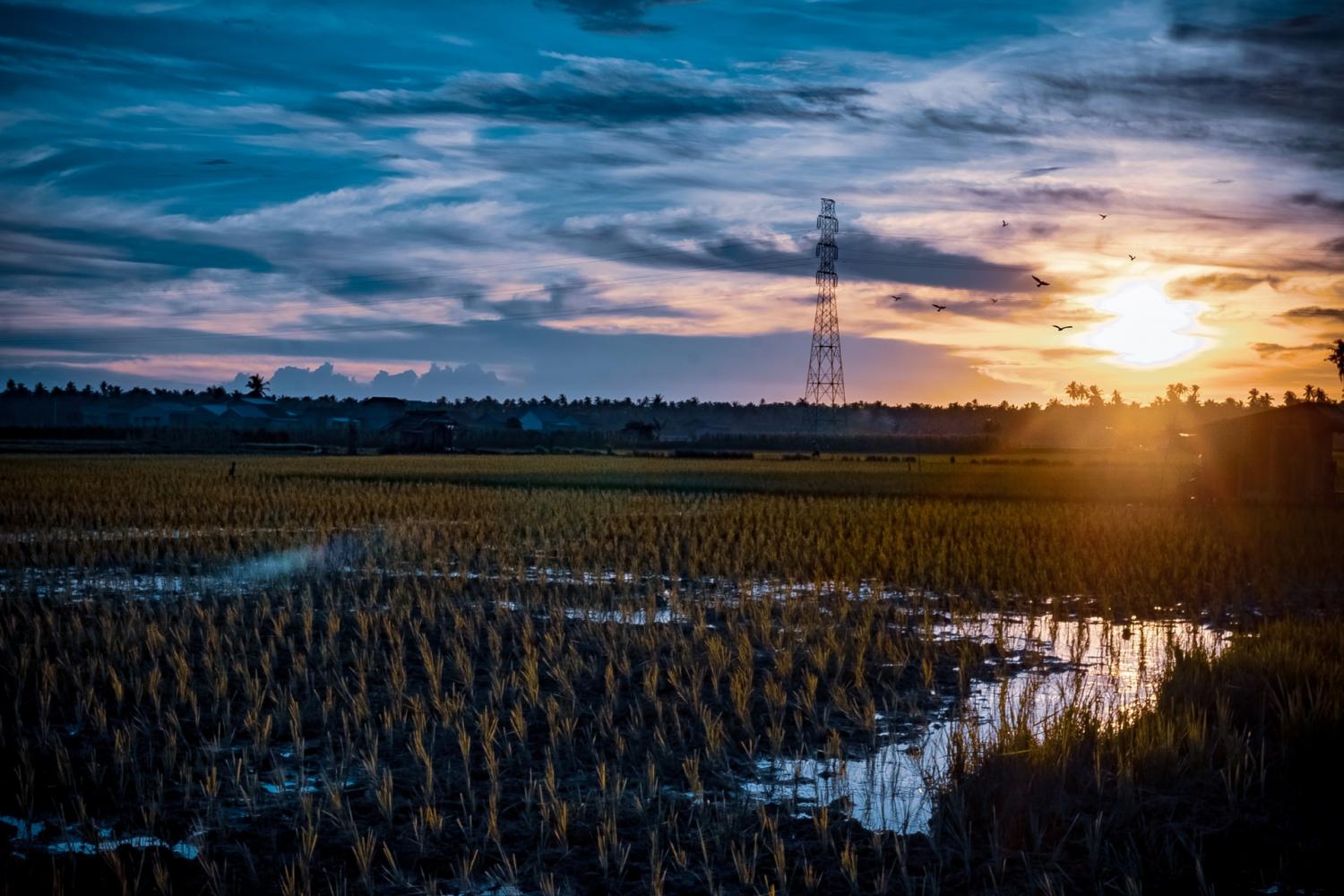
It’s clear that healthcare systems are a vital part of, and will have to adapt to, a changing climate. How that adaptation occurs depends on where one lives. Healthcare systems in wealthier countries will undoubtedly focus on energy efficiency, carbon neutrality and finding new treatments for diseases that could develop from a warming plant. For poorer nations, however, the challenge will be providing access to healthcare services in the first place for those who need it the most.
Such access could make a difference, according to a new study that a group of Stanford University researchers released today. And the means of delivery includes one of the oldest types of transactions known to humans: barter.
This isn’t exactly a new idea – here in the states, reports surfaced of patients bartering goods and service for expensive health care services during and after the 2008-2009 financial crisis. Barter was also thrust into the spotlight during the 2010 U.S. midterm elections when a Senate candidate in Nevada suggested patients could pay for healthcare costs with chickens.
But in nations that are in the locus of the global climate action debate, a barter-based system could be part of a solution to addressing healthcare needs and fighting climate change. Researchers at the Stanford Woods Institute for the Environment evaluated the impact of a healthcare clinic close to the island of Kalimantan in Indonesia.
In the 10 years after this clinic opened within this small Indonesian community in 2007, Stanford’s researchers looked at both the clinic’s healthcare records and satellite imagery of the surrounding area during the same period. What they found was a 70 percent decrease in deforestation, equivalent to 6,700 acres (10.6 square miles). In contrast, between 1985 and 2001, this specific region lost 60 percent of its forests to illegal logging.
The reason for this turnaround? During that 10-year span, the clinic, with support of the local government and nonprofits, accepted payments for healthcare services through a variety of means, including handicrafts, labor and tree seedlings. The clinic also offered discounts to village residents where it could be verified that there was a decline in illegal logging. Further, the clinic worked with other groups to provide training in sustainable agriculture tactics as well as the sponsoring of a chainsaw buyback program.
“We didn’t know what to expect when we started evaluating the program’s health and conservation impacts, but were continually amazed that the data suggested such a strong link between improvements in health care access and tropical forest conservation,” said Isabel Jones, the study’s lead author who recently completed her biology Ph.D. at Stanford.
The study’s authors also concluded that the largest drop in illegal logging occurred near villages with the highest rate of healthcare access due to this same clinic.
This study is more than another example of linking climate change risks to healthcare access. An exact same plan as what unfolded in Indonesia may not necessarily work in a different region or a different country. But what was learned in Indonesia can spark new ideas for how to expand access to healthcare services. For companies within the healthcare industry’s value chain – whether they make medical devices, suppliers or pharmaceuticals – the Stanford study provides new ideas on how to deploy their goods and services worldwide for the greater good.
What occurred at this clinic in Indonesia also demonstrates the power of partnerships: companies have the products and checkbooks, while NGOs have the capacity to deliver due to their knowledge of the lay of the land.
The healthcare industry has proven it has the chops to work together on delivering better healthcare across the globe. Other industries, such as the automakers, have also harnessed their products in the push to end poverty. This latest research from Stanford should germinate new ways to tackle both poverty and climate change – two challenges that can’t be solved in silos.
Image credit: Reynardo Etenia Wongso/Unsplash
"occur" - Google News
October 27, 2020 at 02:03AM
https://ift.tt/31LJXN4
Worldwide, Climate Action Can't Occur without Access to Healthcare - Triple Pundit
"occur" - Google News
https://ift.tt/2UoDqVw
https://ift.tt/2Wq6qvt
Bagikan Berita Ini















0 Response to "Worldwide, Climate Action Can't Occur without Access to Healthcare - Triple Pundit"
Post a Comment